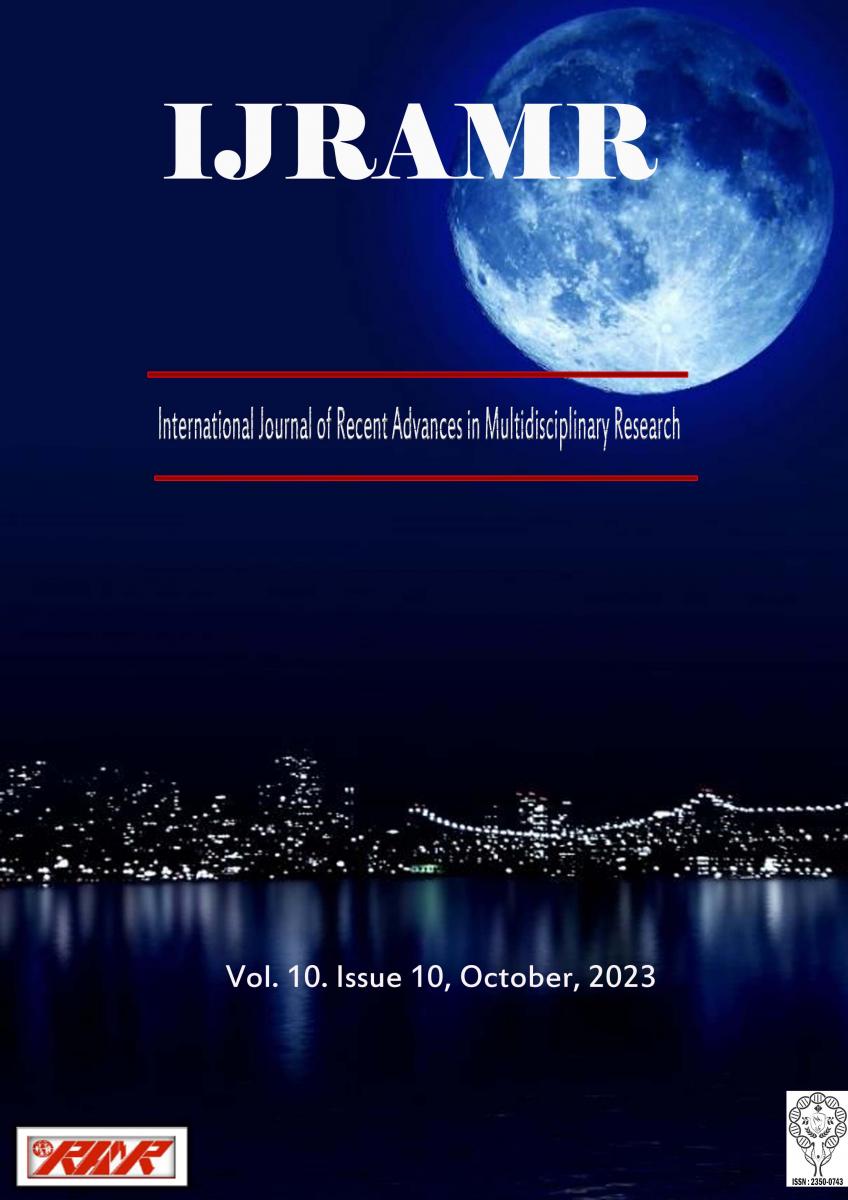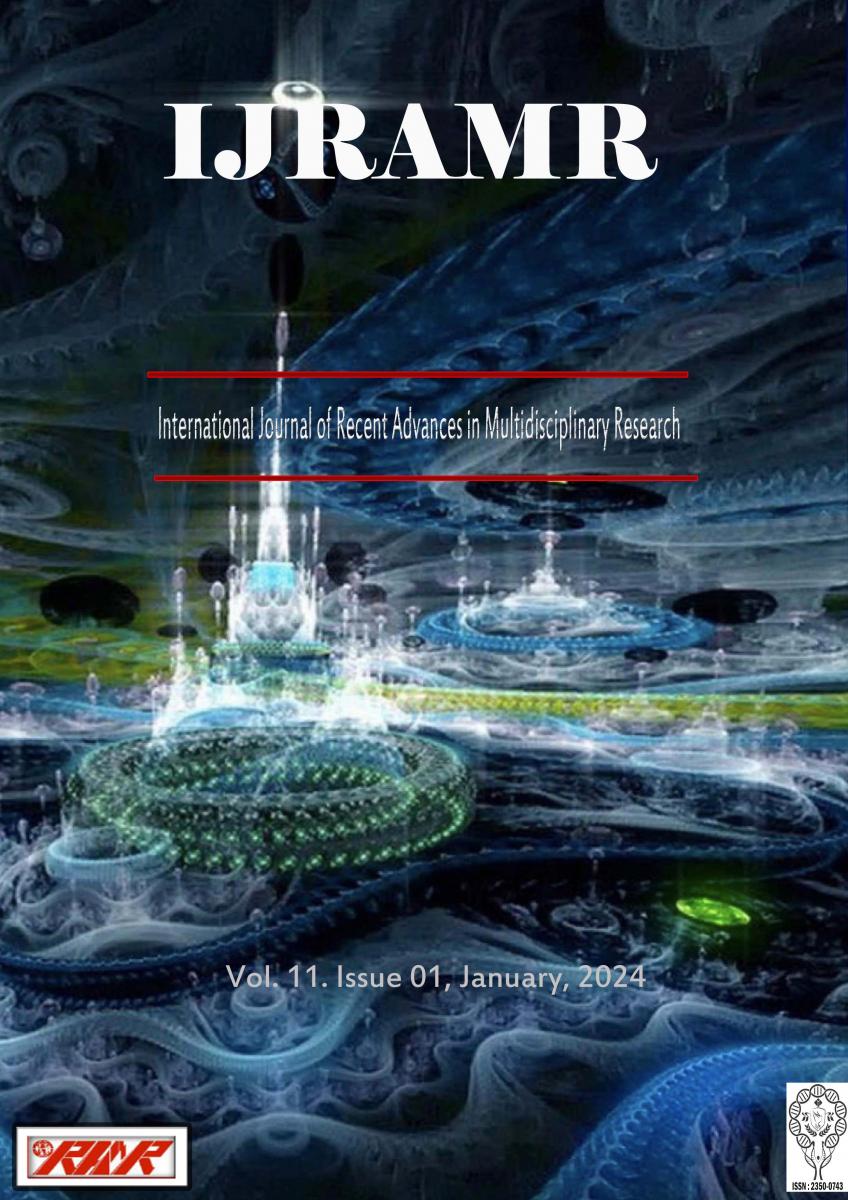Schools in Kenya have put in place rules on grooming particularly for girls. However, it seems like some girls in secondary schools are not getting on well with the type of grooming expected among them. Girls complain about the length of their skirts and their general make up. Several factors have been fronted as major contributors to girls’ reluctance in adherence to school rules on grooming in secondary schools. However, media, peer pressure, religion, self-esteem and culture were selected for this study. The study utilized the descriptive survey design where target population was 7906 adolescent girls and 105 teacher counselors from Kakamega South Sub County, out of which 100 adolescent girls and 20 teacher counselors were the actual research sample. They were selected using stratified and simple sampling techniques. Focus Groups Discussions and questionnaires were used to collect data from the respondents. The study findings indicated that peer pressure was the major contributor (42%) to girl’s reluctance in adherence to school rules on grooming, media (27.7%), and self-esteem (19.3%), religion (8.7%) while cultural factor contribution was (2%). This conclusively indicates that girls tend to live in associations and acquire learned behaviors from their friends. This resonates well with the social learning theory which indicates that an individual’s behavior is as a result of the environment and social influence. The study also recommended that the Department of Early Learning and Basic Education in the Ministry of Education should come up with a comprehensive policy framework on grooming among female students in high school.






